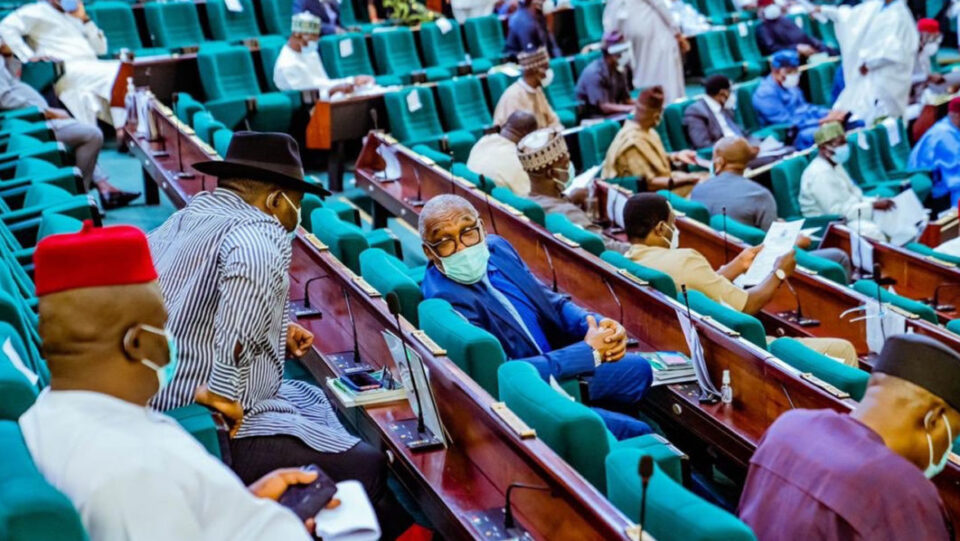By Gift Chapi-Odekina
The House of Representatives has urged the Federal Government to allocate significant resources in the 2024 budget estimates of the Federal Ministry of Water Resources for an up-to-date feasibility study to increase the volume of water in Lake Chad.
This, the House said, would be achieved by diverting water from the Oubangui River which is a tributary of the Congo River in the Democratic Republic of Congo (DRC), and transporting it to the Chari River in the Republic of Chad which deposits into Lake Chad.
It also urged the Federal Government to kick-start a high-level diplomatic engagement for regional cooperation amongst the five member countries that constitute the Lake Chad Basin Commission including Nigeria, Niger, Chad, Cameroon and the Central African Republic.
The House said this would serve as the bedrock for further international cooperation.
The House further urged the Federal Government to work closely with International Organisations to leverage their technical expertise and mobilise resources from a variety of sources that include international development banks and bilateral aid agencies such as the World Bank, African Development Bank, United Nation Development Program (UNDP), United Nations Environment Program (UNEP).
It also urged the Federal Government to explore innovative financing mechanisms such as green bonds and Public Private Partnerships (PPP) to ensure successful completion of the project.
The House mandated the Committees on Water Resources, Appropriations, Foreign Affairs, Environment, Climate Change, North East Development Commission, Lake Chad, Aids, Loan and Debt Management, Cooperation and Integration in Africa and Legislative Compliance (when constituted) to ensure compliance.
These followed the adoption of a motion on the Need to Recharge and Restore Lake Chad sponsored by Hon Ahmed Mohammed Munir.
Moving the motion, Munir noted that Lake Chad, in correlation with the largest endorheic basin in Africa, has been rapidly shrinking over time due to climate change and unsustainable water management practices.
He expressed concerns that the shrinking of the lake has led to severe consequences on economic opportunities causing displacement of millions of people who are now living in poverty and facing the threat of heightened security risks and extremism with both national and international ramifications.
He said that the World Bank in 2006 highlighted feasibility studies showing that Inter-Basin Water Transfer as the means to recharge and restore the lake has minimal environmental impact as per an Environmental and Social Impact Assessment (ESIA) Report.
He further added that restoring the Lake will not only help revive fishing and other aquatic resources industries but also open up new opportunities for enhanced national security, food security, agriculture, tourism, improve urban water supply, restore moribund irrigation schemes and other economic activities improving the livelihoods of millions in the region and beyond.



